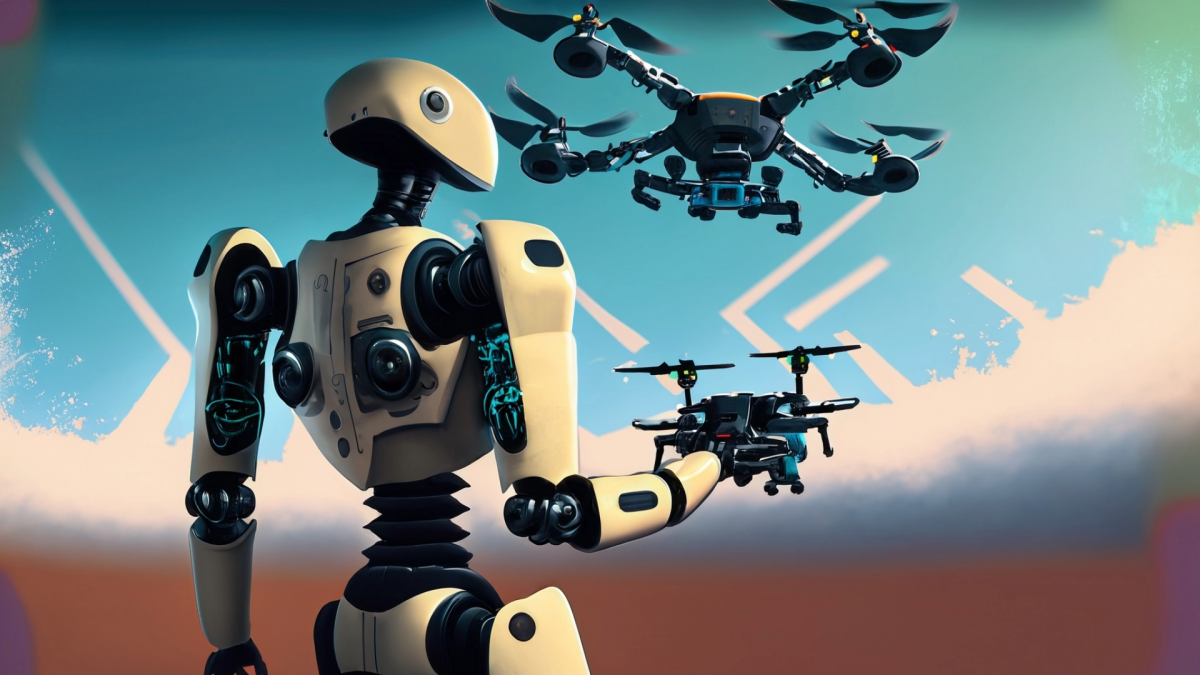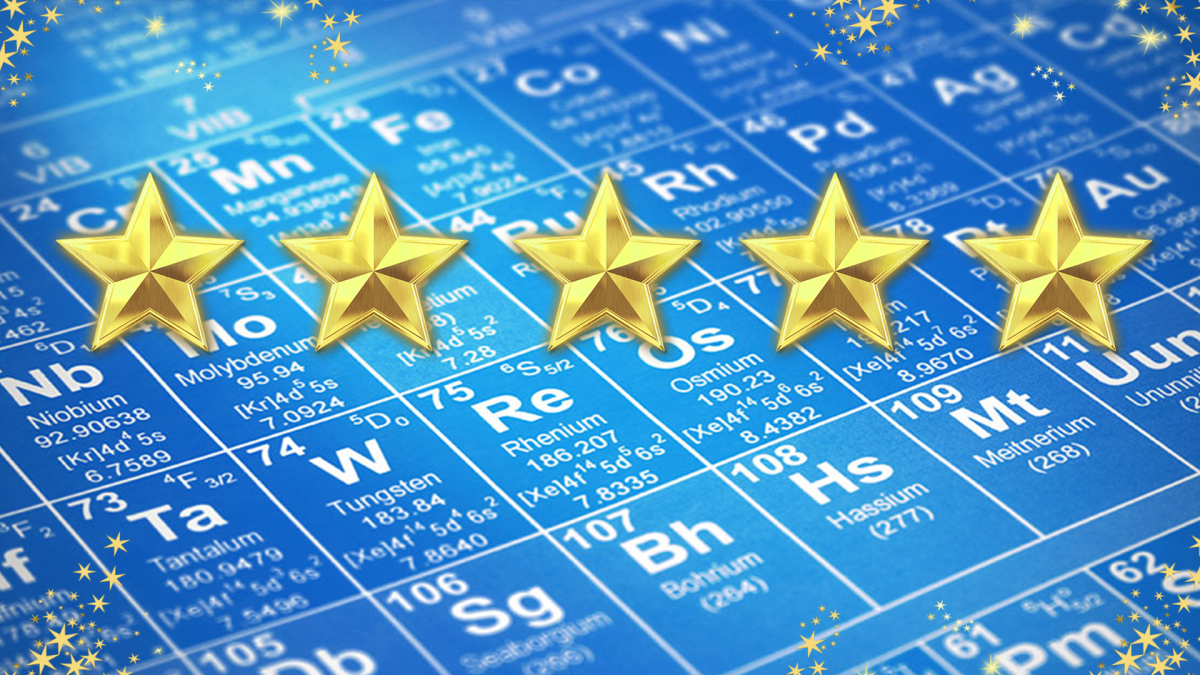
Comparing Pollution Data: Outdoor Air Quality in Four Southwestern States of the US
by [node:author:field_name_first] [node:author:field_name_last]
Over the course of three class sessions, spanning 90 minutes each, students will engage in an immersive project focusing on the outdoor air quality prevalent in four states situated in the southwestern region of the United States. Throughout this project, they will delve into a comparative analysis of air quality metrics, examining how various factors contribute to the differences observed.
Emphasizing the significance of air quality on both human health and the broader environment, students will explore its implications through discussions and research. To aid in their exploration, students will become acquainted with credible online resources, including those provided by governmental agencies, environmental advocacy groups, and esteemed scientific institutions. By leveraging these resources, students will gain a comprehensive understanding of the complexities surrounding air quality and its multifaceted impacts.
Lesson Plan Link/URL
https://docs.google.com/presentation/d/1Z3Qw4urqrIHTKLY7oIz1FKQDPdMyxRpJ/edit?u…Subject Area
Science Earth and Space Science E1: Earth Systems Technology 3. Knowledge Constructor Mathematics Measurement and Data (MD) English Language Arts (ELA) Reading (Literature) Reading (Informational Text) Writing Speaking & Listening
Featured
Off
Related Content

Grades:
6th Grade, 7th Grade, 8th Grade, 9th Grade, 10th Grade, 11th Grade, 12th Grade
This lesson is designed to encourage students to explore their interests and pursue their passions while diving into the world of STEM. This lesson takes place in a classroom for one semester. 1 hour

Grades:
8th Grade, 9th Grade, 10th Grade, 11th Grade, 12th Grade
A lesson designed for an engineering course but that can be used in a science course where we investigate the physics of waves and how it can be applied to the world of art. Students will design and

Grades:
9th Grade, 10th Grade, 11th Grade, 12th Grade
The first rule in the chemistry lab is “don’t eat or drink or lick anything in the lab”! This lesson breaks those rules and shows students how culinary is really a practical application of chemistry